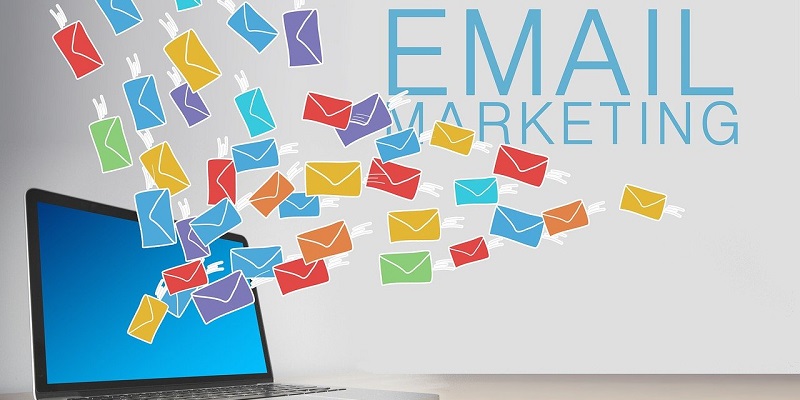In today’s digital age, where consumers are constantly bombarded with advertising messages, email marketing has emerged as one of the most effective channels for reaching and engaging your target audience. By adopting the right tactics, businesses can achieve their goals faster and make a lasting impact. In this article, we will delve into the importance of email marketing, understanding your target audience, single topic email campaigns, planning email flow for lead nurturing, testing and monitoring key metrics, and personalization for different customer segments.
Importance of Email Marketing for Reaching and Engaging Your Target Audience
With nearly 4 billion email users worldwide, email marketing presents a vast opportunity to connect with your audience personally. Unlike social media or search engine algorithms, email gives you direct access to your subscribers’ inboxes, providing a higher chance of engagement and conversion. By delivering relevant and valuable content, email marketing enables companies to build trust, nurture relationships, and increase brand awareness.
Understanding Your Target Audience
To create successful email campaigns, it is crucial to know your target audience inside and out. By understanding their needs, preferences, and pain points, you can tailor your messages to resonate with them effectively. Conducting market research, analyzing customer data, and creating buyer personas are essential steps in gaining a deeper understanding of your audience. By doing so, you can provide valuable information that they need and want in every email.
Single Topic Email Campaigns
In the fast-paced digital world, attention spans are shrinking rapidly. Thus, it is vital to keep your email content focused and concise. Each email should revolve around a single topic to avoid overwhelming your subscribers. By presenting a clear and compelling message, you increase the likelihood of quick comprehension and engagement. Craft compelling subject lines, use captivating visuals, and maintain a persuasive and consistent tone across your email campaigns.
Planning Email Flow for Lead Nurturing
A well-thought-out email flow is pivotal in guiding leads through your sales funnel smoothly. By planning a sequence of emails strategically, you can nurture leads from awareness to consideration and ultimately conversion. Each email should serve a specific purpose, such as introducing your product, highlighting its benefits, providing testimonials, and offering irresistible incentives. By gradually building trust and addressing customer concerns, you increase the likelihood of conversion.
Testing and Monitoring Metrics
To optimize your email marketing efforts, it is crucial to consistently test and monitor key metrics. A/B testing subject lines, email copy, visuals, and CTAs allows you to determine what resonates best with your audience. Additionally, closely monitoring open rates, click-through rates, conversion rates, and unsubscribe rates provides valuable insights into the effectiveness of your campaigns. By constantly analyzing these metrics, you can make data-driven decisions to improve your email marketing strategy.
Personalization for Different Customer Segments
Not all potential customers are the same, and their needs and preferences may vary. To maximize the impact of your email marketing, it is essential to personalize your content for different customer segments. By segmenting your email list based on demographics, behavior, or purchase history, you can deliver targeted messages that resonate with each group. Personalization enhances customer experience, fosters meaningful connections, and increases the chances of conversion.
Email marketing remains a powerful and cost-effective tool to effectively reach your target audience. By understanding your audience, delivering valuable content, focusing on single topics, planning email flows for lead nurturing, testing key metrics, and personalizing messages, you can harness the full potential of email marketing. As technology evolves, email marketing continues to prove its worth in establishing meaningful connections, driving engagement, and achieving business goals. Embrace the power of email marketing and witness the impact it can make in growing your business.

